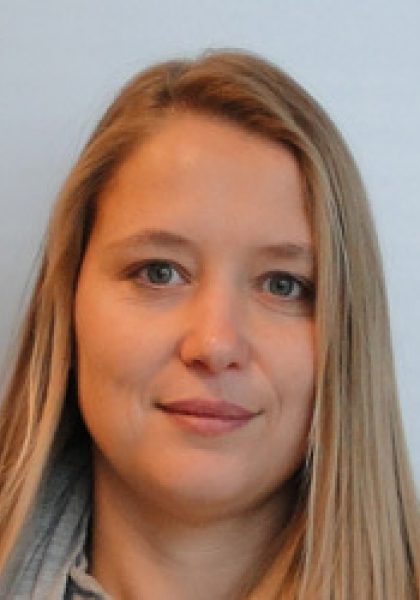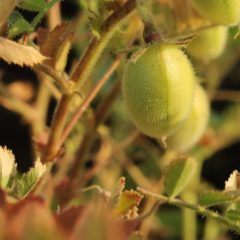Research project Development of a sustainable control strategy for pathogens on flax

General introduction
This Interregproject is about a pathogen on flax: Verticillium. The cultivation of flax in northern France and Flanders is responsible for up to 80% of the worldwide production of high quality flax fibers. Flax is also a crop with a high additional value. De fungal disease Verticillium can result in significant yield loss. The goal of this research project is to develop innovative and environmentally friendly strategies to control this plant fungus.
Research approach
We first develop a method to detect the pathogen in both soil and flax seed. Within the planned field trials, ILVO performs screening for cultivars that are resistant/tolerant for Verticillium. We monitor the flax area involved in order to gain insight in the main presence and spread of Verticillium in the Interreg region.
Relevance/Valorization
The increasing problem of Verticillium wilt in both France and Belgium is a threat to flax farmers. But not only the farmers - also for the industries connected to the crop, such as the textile industry and the sector producing organic materials from flax. A good strategy to control this disease is thus very important. The project will bring together the flax growers and –processors at both sites of the border. The project team chooses for innovative and sustainable approaches, adapted to the agricultural region, with its typical soils and climate. The industry that is making new organic materials based on flax also places emphasis on finding sustainable control methods of this fungal pathogen on flax for communication reasons.
Financing
Interreg Fr Wal Vl







